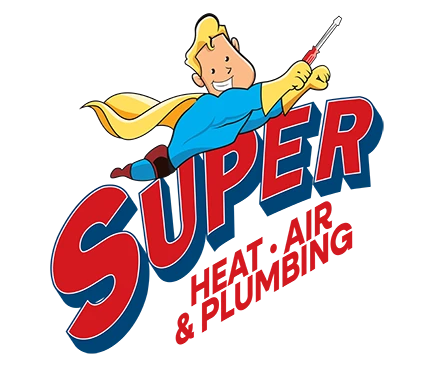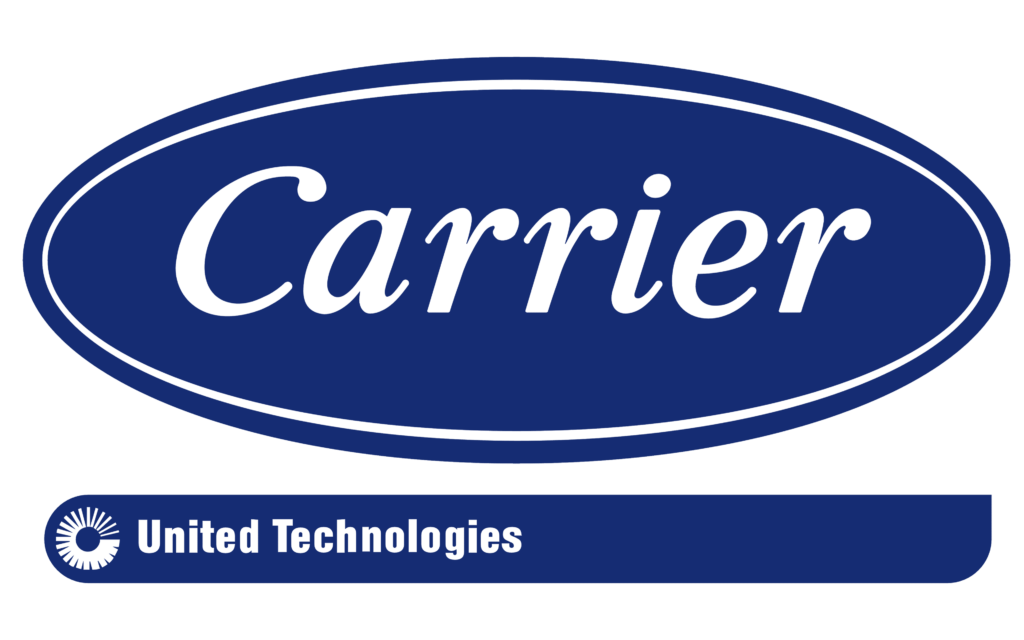While you might not think about the components that make up your HVAC system, each part plays a crucial role in keeping the system running efficiently. This includes the AC capacitor. Without it, your AC wouldn’t be able to cool your home effectively.
Learn what an AC capacitor does and why it is so important from our team at Super Heat, Air, and Plumbing.
What Does an AC Capacitor Do?
The AC capacitor provides the initial jolt of electricity that your HVAC’s motors need to run successfully. It stores electricity and sends it to your system’s motors in powerful bursts that get your unit revved up as it begins each cooling cycle.
Once your air conditioner is running, the capacitor reduces its energy output, but it will still supply a steady current of power until the cycle finishes.
AC capacitors are measured in voltage and microfarads.
Voltage denotes how much electrical current is moving through the capacitor. The more voltage the capacitor has, the faster the electrical current moves through it.
Microfarads describe how much electrical current the capacitor can store. Most HVAC capacitors range from 5 MFD to 80 MFD.
Capacitors look and function similarly to batteries, but it is important to note that they are not batteries. They are hardwired to the wiring inside your air conditioning system. This means that if it breaks down, you can’t just open the unit’s doors and pop a new one inside, it will need to be replaced by a licensed HVAC professional.
Why is a Capacitor Necessary?
Though your HVAC system is connected to your home’s electrical system, it needs a stronger boost to work effectively. This is because air conditioners are high-powered appliances that need a lot of energy to cool your home. Your home’s wiring simply cannot provide the adequate amount of power to get the job done.
The AC capacitor compensates for this by kickstarting your system’s motor and helping it cool your home.
Capacitors have an important job, which is why a failed capacitor is one of the most common reasons that an air conditioner malfunctions, especially during the summer months. A worn-out AC capacitor can cause widespread problems with your HVAC that can be quite costly to repair.
What are the Signs of a Bad AC Capacitor?
Your system will exhibit telltale signs that will let you know when to call an HVAC technician from Super Heat, Air, and Plumbing to replace your AC capacitor.
Some common symptoms of a bad capacitor include:
Your AC won’t start at all or takes a while to begin a cooling cycle
Your system randomly shuts off on its own
You can’t feel cold air coming from the vents while your AC is running
The AC hums during operation
You see smoke or a burning smell coming from your unit
Your energy bills are higher than normal
The causes of a filing AC capacitor vary but can include:
Debris hitting the capacitor and damaging it
Extremely hot temperatures that can cause the capacitor to overheat
Wear and tear
Short circuits in the system
Power surges
Lightning strikes
Testing a Bad AC Capacitor
Call Super Heat, Air, and Plumbing if you need help diagnosing a failing AC capacitor. Our trained professionals will use specialized tools to measure the capacitor’s current, voltage, and resistance.
Remember, you should NOT attempt to do HVAC diagnostics or repairs on your own, as tinkering with the capacitor can cause severe injury and even death.
Always hire an HVAC professional to help you.
Learn More > HVAC Repairs You Should Never Attempt to DIY
Tampa Bay HVAC Repair
If your HVAC is not working properly, and you think it might be the capacitor, call our pros at Super Heat, Air, and Plumbing. We can diagnose any problems with the capacitor and replace it safely. Plus, we offer preventative maintenance services to ensure that your equipment is in the best possible condition all year long.
Call us at (813) 355-0288 to schedule repair or maintenance today!



